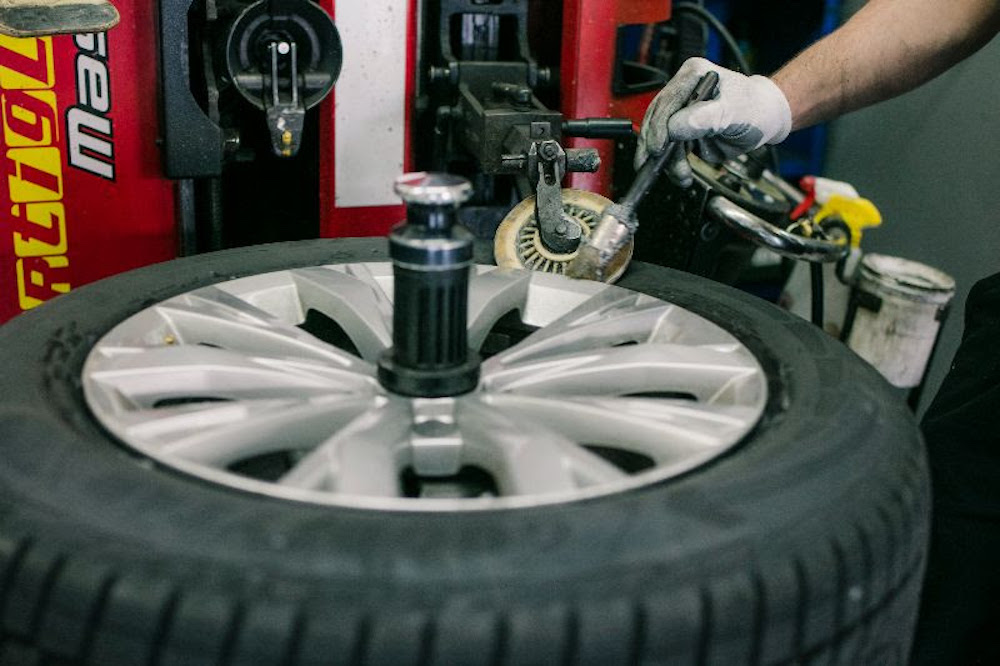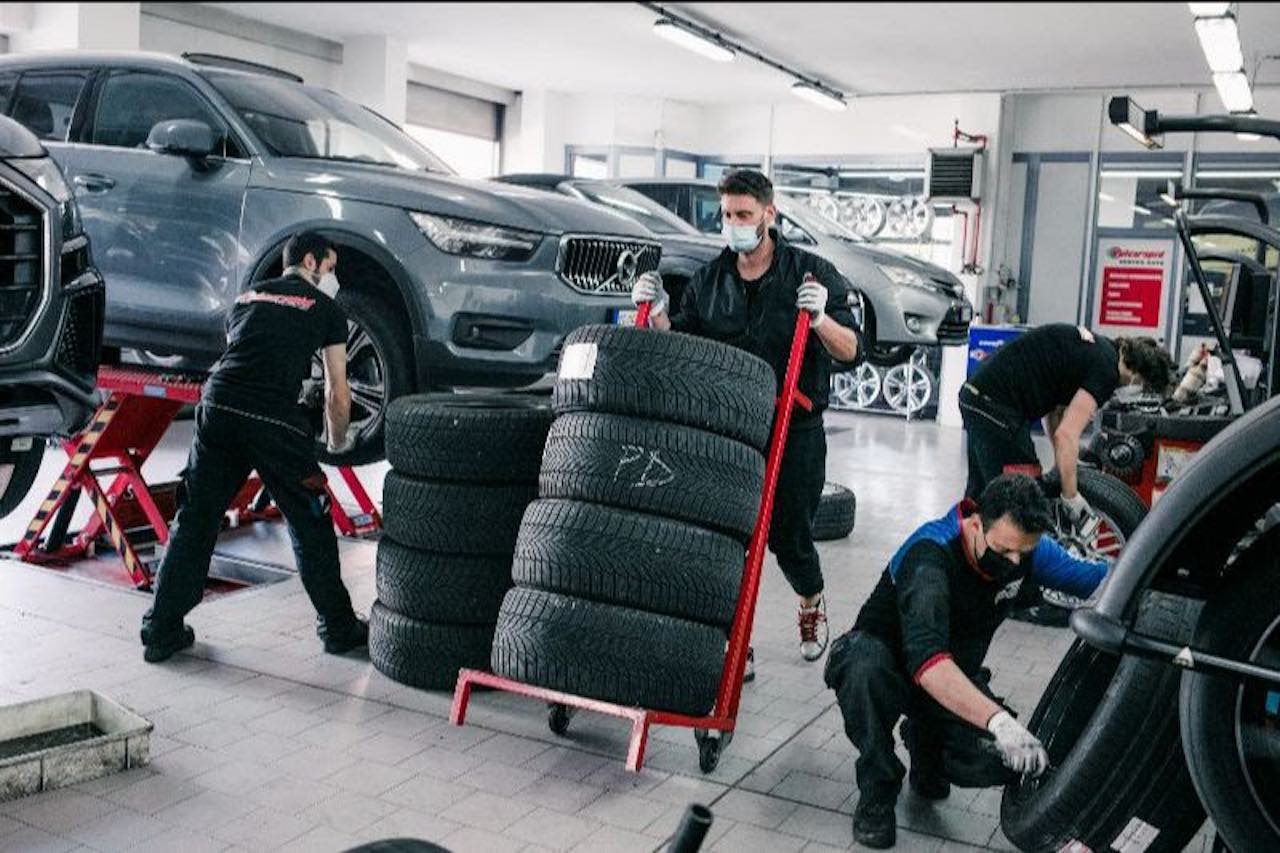A data to mark on the calendar is the April 15th. From Saturday we change the tyres: we switch from those winter garlic summer. So until April 15 many Italian road sections are subject to ordinances. These provide for the obligation of winter equipment, from October 15th, precisely April 15th.
There is time a month to do the change and. In case they mounted on the car winter tires. These with lower speed code than what is reported on the registration certificate. While those who had mounted winter tires instead.
These with code Of speed equal or higher than the version summer will be able to provide for the exchange also in later times.
 Tire change from April 15th we move on to the summer ones. Here’s what you need to know. Source Assogomma
Tire change from April 15th we move on to the summer ones. Here’s what you need to know. Source Assogomma
The Associations of tire manufacturers and specialist dealers suggest to book the change by telephone and not to show up without an appointment to the tire specialist.
Tire change: which cars need to replace tyres
Changing tires is not essential for those who have fitted “All Season” or “Quattro Stagioni” tyres. For those who were instead caught circulating with non-standard tyres. Therefore with speed code lower than the reference one.
According to the Highway Code, the fine is between 422 and 1,695 euros. Not only that, you also risk the withdrawal of the vehicle registration document.
Tire change: here’s what you need to know
The Associations of tire manufacturers and specialist dealers recommend booking by telephone for tire changes. Fabio Bertolottidirector of Assomma, says: “Changing tires is especially important also because it is an opportunity to check tread wear, for cuts and damage, as well as restore the correct inflation pressure together with balancing and toe-in”.
“As in winter lThe winter equipment offers the best safety and driving comfort so in the summer use a set of summer tyres allows one reduction of braking distances and an optimization of consumption. In fact, traveling with flat tires, in addition to giving rise to problems of driving insecurity, produces greater fuel consumption with a consequent useless and proportional increase in harmful emissions and CO2″.
















Leave a Reply
View Comments